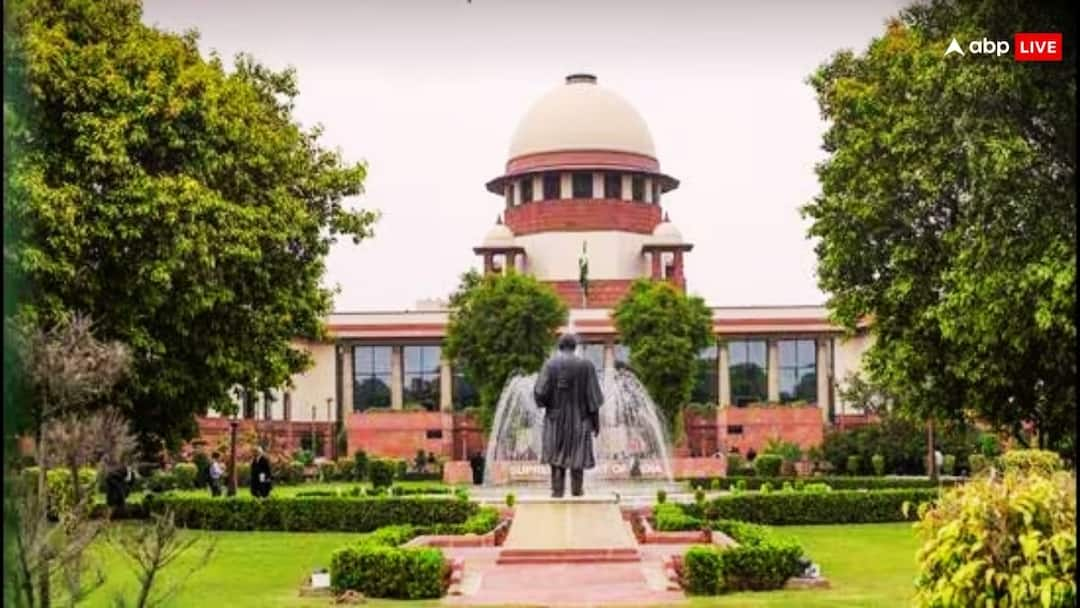In a significant judgment, the Supreme Court on Wednesday ruled that neither the President nor state Governors can be compelled to follow fixed timelines when deciding on assent to Bills. The Constitution Bench made clear that their actions are not “justiciable”, and that judicial review can be triggered only after a Bill has been enacted into law.
Court rejects mandatory timelines
Responding to a presidential reference seeking clarity on whether courts may direct time-bound action under Articles 200 and 201, the bench held that imposing such deadlines would be unconstitutional. The ruling effectively sets aside the notion that constitutional authorities can be judicially compelled to act within prescribed periods when dealing with legislation.
Warning against indefinite delays
While outlining the limits of judicial scrutiny, the court nonetheless issued a strong caution against inaction. It underscored that although it cannot examine the merits of a Governor’s decision, “indefinitely stalling Bills and creating procedural deadlocks is antithetical to the Constitution.”
Bench reserved opinion after extensive hearings
The matter was heard over ten days by a bench comprising Chief Justice of India BR Gavai and Justices Surya Kant, Vikram Nath, PS Narasimha and AS Chandurkar. The court reserved its opinion on 11 September.
Reference followed Tamil Nadu Governor ruling
The presidential reference was made in May, soon after a two-judge bench delivered its judgment in the Tamil Nadu Governor case, which had laid down timelines for the President and Governors to decide on Bills. The Constitution Bench’s ruling now provides authoritative guidance on the issue.


